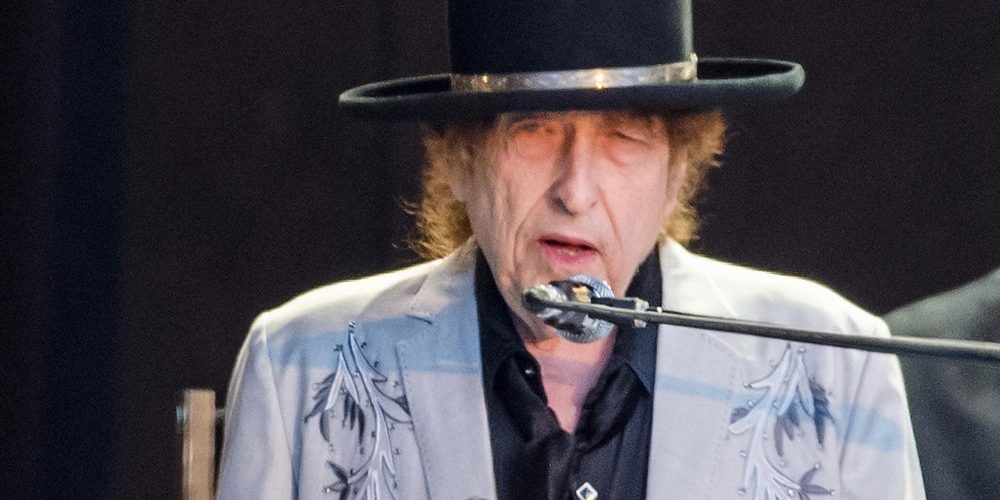Bob Dylan’s legal team reportedly seeking “monetary sanctions” following dropped sexual abuse lawsuit
Content warning: This story contains descriptions of alleged sexual abuse.
Bob Dylan‘s legal team are reportedly calling for “monetary sanctions” against the lawyers behind a dropped sexual abuse lawsuit levelled at the singer.
The lawsuit, which was filed in August last year, accused Dylan of assault, battery, false imprisonment and infliction of emotional distress. The plaintiff alleged that Dylan had “befriended and established an emotional connection” with her over a six-week period in 1965, when she was 12-years-old and Dylan was in his mid-20s.
She claimed he had plied her with drugs and alcohol, before sexually abusing her in his room in Manhattan’s Chelsea Hotel. Dylan denied the claim at the time, with a representative saying the claim was “untrue” and would be “vigorously defended”.
The lawsuit was dropped last month, after Dylan’s lawyers accused the plaintiff of destroying evidence by failing to provide emails and text messages about case by the court-ordered deadline. In a statement provided to NME at the time, Dylan’s lead attorney, Orin Snyder of Gibson Dunn, described the suit as “a lawyer-driven sham”.
As reported by Billboard and Pitchfork, Dylan’s team have since moved to demand “real consequences” for the plaintiff’s lawyers, Daniel W. Isaacs and Peter J. Gleason.
“Mr. Isaacs and Mr. Gleason should not have brought this action — accusing defendant of a heinous crime — if they did not intend to responsibly litigate it,” Snyder wrote in a letter to a federal judge. “It is more than appropriate to hold them accountable.”
He accused the pair of “brazen discovery misconduct”, saying they “failed to produce documents they should have possessed and reviewed before ever bringing this lawsuit in the first place.”
“As we said in open court last week, many of the documents we have seen, including scores of emails between Plaintiff and key third parties whom counsel apparently never even bothered to interview, undermine and contradict Plaintiff’s allegations,” he wrote.
As per Billboard, Isaacs issued a response on August 9, writing that the case was “brought in good faith and with the intent of responsibility litigating the matter.” He said that his client had refused to hand over key materials “despite my repeated requests”, adding “at no point did either Mr. Gleason or I willfully withhold discovery or engage in discovery misconduct.”
“We attempted to comply as best we could given the circumstances, including plaintiff suffering PTSD, which was exacerbated when her identity was illegally made public following the commencement of this action.”
NME has reached out to Snyder, Gleason and Isaacs for comment.
Dylan’s team initially called the case “a brazen shakedown masquerading as a lawsuit” when it was filed last year. At the time, rock historians, including Dylan’s biographer Clinton Heylin, cast doubt over the alleged timeline of events, saying that the singer had been touring England during that period.
The plaintiff later amended the time frame from April 1965 to a “period of several months in the spring” of that year.
